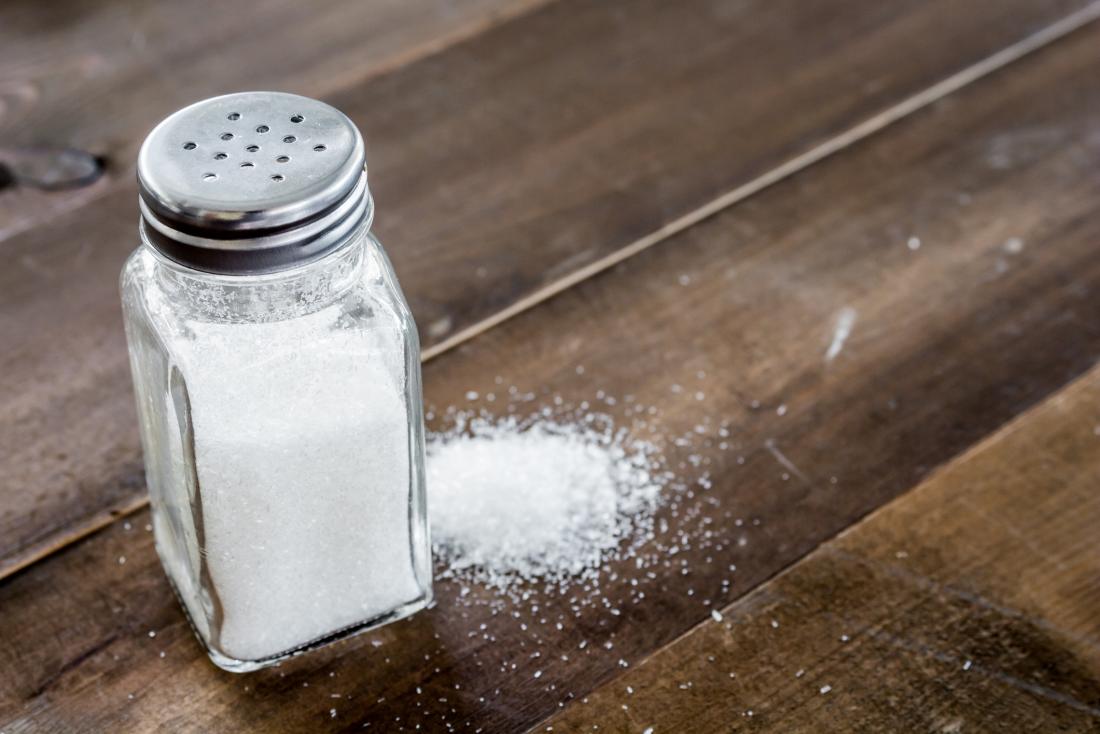UK Parliament Politic Magazine) – Stopping yourself from putting salt in your food could lower your chance of having heart problems or strokes by almost 20%, says a big study. This study is the largest one of its kind.
Researchers have found that when you add salt to your food, it raises the chance of having heart and blood vessel problems, as well as dying earlier. Now, experts have figured out how much better it is for your heart if you stop adding salt to your meals, or at least use less of it.
People Who Consume Less Salt Are Likely To Get A Heart Condition
The researchers discovered that people who never add salt to their meals were 18% less likely to get a heart condition called atrial fibrillation (AF) compared to those who always add salt. In the UK, the number of people diagnosed with this heart condition has gone up by 50% in the last ten years to 1.5 million.
AF makes your heart beat in a strange and sometimes very fast way. This can cause problems like feeling dizzy, having trouble breathing, and feeling tired. People with AF are also more likely to have a stroke, which is a serious problem when blood can’t reach your brain properly.
Dr. Yoon Jung Park, who led the study and works at Kyungpook National University Hospital in South Korea, said, “Our research shows that if you use less salt in your food, you might have a lower chance of getting AF.”
Stats From UK Biobank Reveal That People With Less Salt Consumption Get Less Affected By Heart Problems
The results of this study will be shared this weekend at a big meeting about hearts in Amsterdam. This meeting is called the annual meeting of the European Society of Cardiology, and it’s the biggest heart conference in the world.
The scientists used information from the UK Biobank, which is a collection of data from more than half a million people in the UK between 40 and 70 years old. They looked at data from 2006 to 2010. They didn’t include people who already had AF, heart problems, or stroke when they started the study.
Every person was asked how often they put salt on their meals. They could choose from “never/rarely,” “sometimes,” “usually,” or “always.” The scientists then followed these people for 11 years to see what happened to them. They found that when compared to those who always put salt on their food, the ones who never did were 18% less likely to have AF.
Experts Reveal Eating Too Much Salt Causes Health Issues
The study shows that even if you change your diet from always putting salt to sometimes putting salt, you might lower your risk of a heart problem. People who usually added salt to their food were 12% less likely to have this heart problem compared to those who always added salt.
A professor named James Leiper from the British Heart Foundation said, “We know that eating too much salt can cause health issues. This research reminds us that it’s a good idea to follow the government’s advice and not eat more than 6g of salt a day – that’s about a teaspoon.”
Mhairi Brown, who is part of a group called Consensus Action on Salt, Sugar and Health, said, “This new research gives us more proof and makes it clear that we need strict rules to reduce the amount of salt in our food. This will help keep us healthy and prevent unnecessary deaths.”
What Happens If You Eat Too Much Salt?
In 2021, almost 9 out of 10 people in the U.S. aged 2 and above were eating more salt than they should. The normal amount is around 3,400 milligrams, but the average intake was higher. This is a worry because if you eat too much salt for a long time, it can harm your health.
One issue with too much salt is that it makes your body hold onto extra water. This makes your blood pressure go up, and that raises your chance of having serious health problems like:
Long-lasting high blood pressure
Damage to your kidneys
Heart disease
Heart attack
Stroke
Too much salt is a problem around the world. In 2020, the World Health Organization (WHO) said that if people ate less salt and followed the recommendations, it could stop 2.5 million deaths every year.


